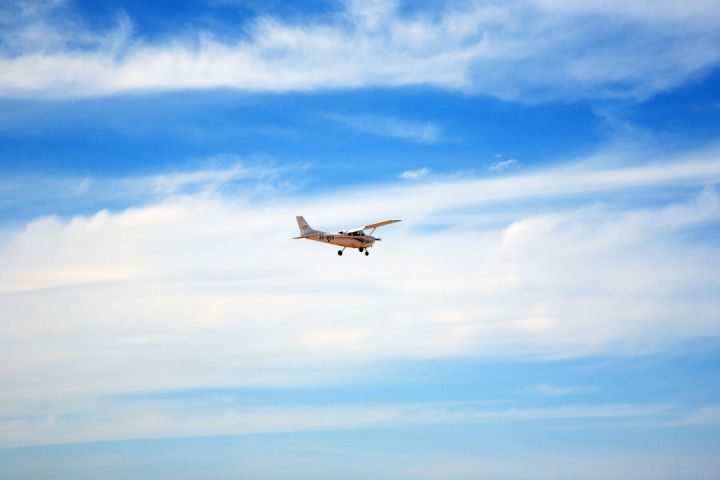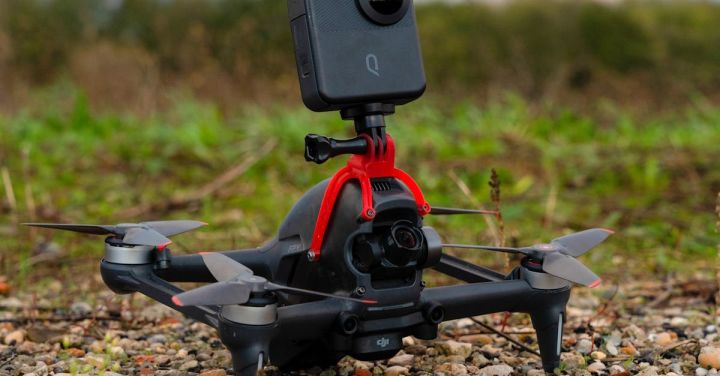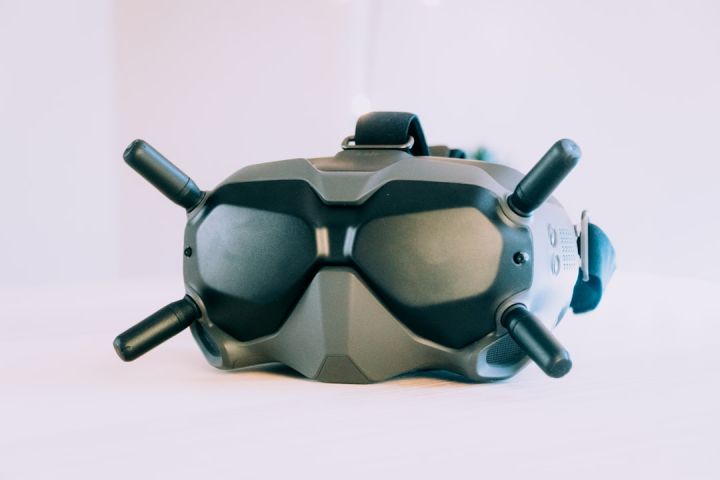What’s Included in a Beginner Rc Flight Training Course?
If you’re new to the world of RC (radio-controlled) flight, taking a beginner RC flight training course is a fantastic way to start your journey. These courses are specifically designed to teach you the basics of flying RC aircraft and provide you with the necessary skills to become a competent pilot. In this article, we will explore what is typically included in a beginner RC flight training course.
Understanding the Basics
Before you can take to the skies with an RC aircraft, it’s essential to understand the basics. A good beginner RC flight training course will start by introducing you to the different types of RC aircraft available, such as planes, helicopters, and drones. You will learn about the various components that make up an RC aircraft and how they work together to achieve flight.
Safety First
Safety is paramount when it comes to RC flight. A comprehensive beginner RC flight training course will dedicate a significant portion of the curriculum to safety protocols and guidelines. You will learn about the proper use of safety equipment, such as goggles and gloves, as well as how to conduct pre-flight checks and operate within designated flying areas. Understanding safety procedures will help ensure a smooth and accident-free flying experience.
Flight Simulator Training
One of the most valuable components of a beginner RC flight training course is hands-on experience with a flight simulator. Flight simulators allow you to practice flying an RC aircraft without the risk of crashing or damaging the actual model. You will learn how to control the aircraft using a remote controller and get a feel for its responsiveness to different inputs. Flight simulator training is a crucial step in building muscle memory and developing the necessary hand-eye coordination required for successful RC flight.
Ground School
In addition to practical flight training, a beginner RC flight training course will also include a ground school component. Ground school sessions typically cover topics such as aerodynamics, weather conditions, and navigation. You will learn how to read weather forecasts and understand how different weather conditions can affect the performance of your RC aircraft. Ground school will also teach you the basics of navigation, including how to use a compass and read maps.
Flight Instruction
Once you have a solid foundation in the theory and safety aspects of RC flight, it’s time to take to the skies. A beginner RC flight training course will provide you with flight instruction under the guidance of an experienced instructor. During these sessions, you will have the opportunity to practice takeoffs, landings, and basic maneuvers. Your instructor will provide real-time feedback and guidance to help you improve your flying skills.
Ongoing Support and Resources
A good beginner RC flight training course doesn’t end once you’ve completed the program. Many courses offer ongoing support and access to additional resources, such as online forums and instructional videos. This allows you to continue learning and improving your skills even after the course has ended. Taking advantage of these resources can help you stay connected with other RC enthusiasts and stay up to date with the latest trends and developments in the hobby.
In conclusion, a beginner RC flight training course is an excellent way to kickstart your journey into the world of RC flight. These courses provide a comprehensive introduction to the basics of RC flight, including safety procedures, flight simulator training, ground school sessions, hands-on flight instruction, and ongoing support. By investing in a beginner RC flight training course, you will gain the necessary knowledge and skills to become a competent and confident RC pilot.







